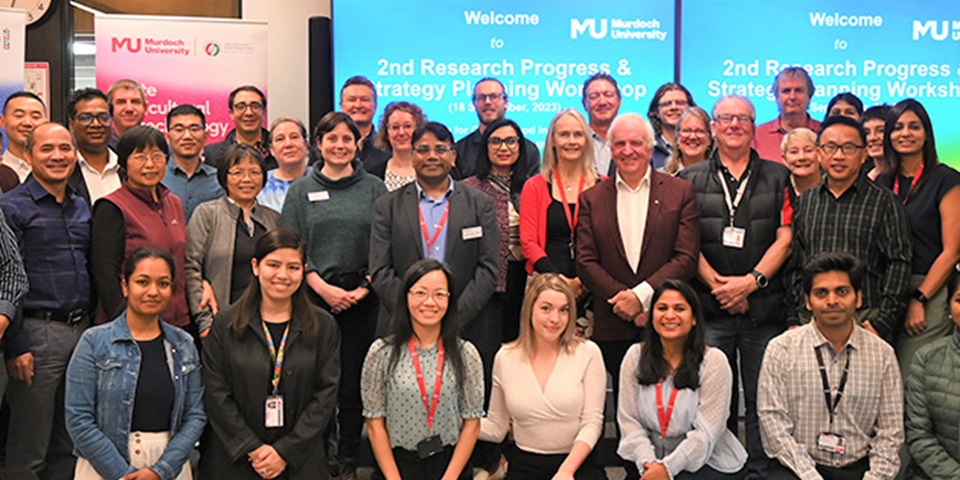Our research themes
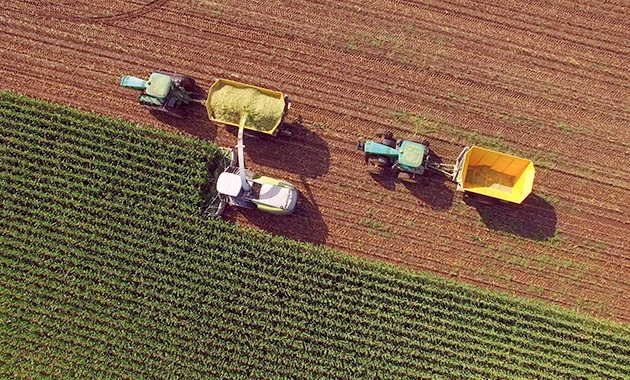
Crop production and quality
Led by Professor Chengdao Li
Across various crops, including wheat, barley, legumes, and potatoes, we actively pursue pre-breeding research to develop new varieties with increased yields, particularly in poor-quality soils and environmentally stressful conditions. Our research spans molecular technologies to field agronomy, encompassing molecular and physiological studies aimed at improving tolerance to heat stress, enhancing nitrogen use efficiency, and developing resilience to frost, contributing to advancements in new varieties, irrigation and nutrient management, soil health, and pest and disease control.
Nutrition and food
Led by Dr Wendy Hunt
Our research is devoted to development of technologies for extending the shelf life of exports, identifying and reducing anti-nutritional compounds in foods, nutritional profiling of emerging foods like quinoa, and substituting plant proteins for animal proteins to enhance the value of food products.Researchers at Food Science and Nutrition are dedicated to advancing research on prolonging food shelf life while maintaining nutritional quality and flavour, including nutritional profiling of foods and sensory evaluation of horticulture crops.
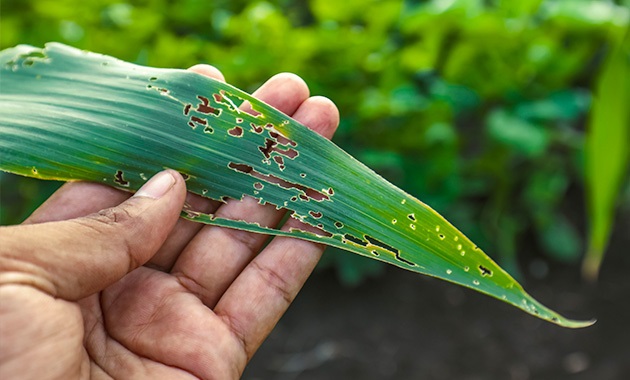
Crop protection and microbiome
Led by Associate Professor Kirsty Bayliss
We use new technologies to understand fundamental interactions between crop pests and diseases and their host plants, using this information to develop novel forms of resistance. CCFI’s research on crop microbiome manipulation has implications for improving crop health and resilience to biological and environmental stresses.Our emphasis is on genetic resistance to pests and diseases and innovative methods for their control, including use of ‘cold plasma’ as a potential new post-harvest treatment for pest and disease control
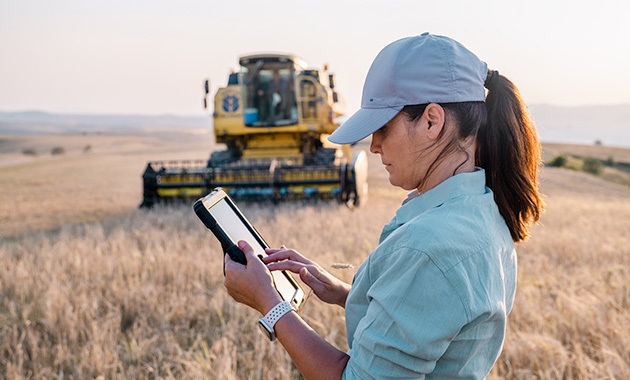
Digital agriculture
Led by Professor Ferdous Sohel and Dr David Berryman
Digital technology is revolutionising personal and economic life, and agriculture is no exception. The digital transformation of agricultural systems is anticipated to meet the global demand for more sustainable safer and nutritionally-valuable food.We anticipate change through detailed monitoring and control of production systems, targeted germplasm for niche production systems, data modeling of plant and animal behaviors, analytics of environmental risks, precision control of processing, predictive modeling of customer sentiment.

Crop adaptation to climate change and soil constraints
Led by Professor Richard Harper
The CCFI team constantly innovates in soil, water, and biodiversity management to address challenges posed by changing weather patterns, rising sea levels and extreme weather. Our understanding of carbon capture and storage in diverse landscapes, including agricultural land, plantations, natural forests, rangelands, and near-shore environments, has yielded innovative solutions to combat climate change and enhance crop yields in poor soils. The exploration of both science and policy aspects of climate mitigation equips policymakers and landowners with informed decision-making tools to implement effective best-practice carbon farming.
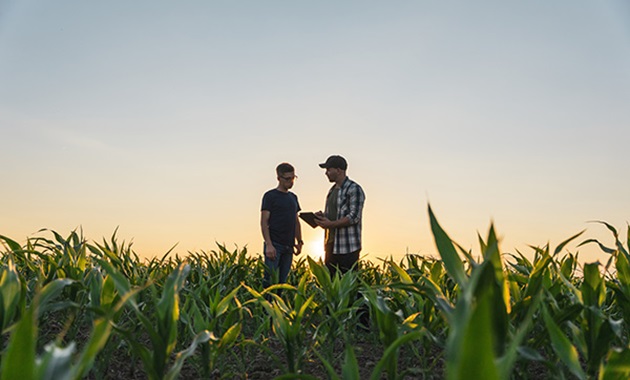
Pathways to impact
Led by Professor Mike Jones
We engage grains, pastures, and horticultural industries with exporters, food processors and other end-users to ensure that our research translates into industry best practice, community engagement, vocational training and evidence-based government policy. The latter includes training in ‘Science Diplomacy’ to support harmonisation of international regulations for the products of new breeding technologies.
The advanced facilities of the Agricultural Biotechnology Centre, enables private and public sector engagement, ensuring delivery of genetic products, know-how, training in new practices and services, and commercialisation of research outputs.
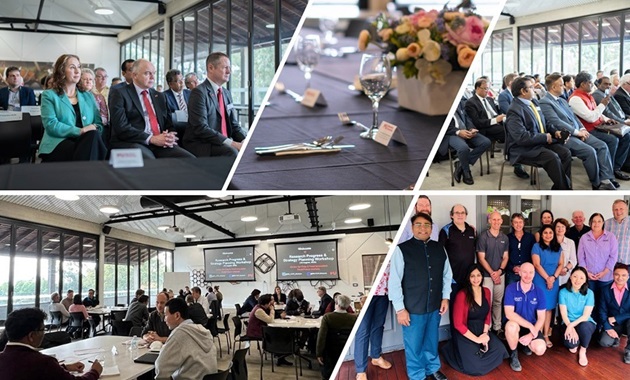
Capacity building, networking, and knowledge dissemination
Led by Ms Anu Chitkineni
The CCFI is committed to enhancing Western Australia's capacity in agricultural research. Wectively seek international collaborations and partnerships to advance and share new knowledge in science and research, benefiting both global and domestic research systems.
Our commitment is reflected in regular training programs, conferences, workshops, and symposia, with a focus on active participation from professionals in academia and industry, including those from developing nations and students and early- to mid-career researchers. This provides a valuable opportunity for the next generation of scientists to engage with PhD students and postdoctoral researchers, developing and strengthening their research skills and knowledge.

